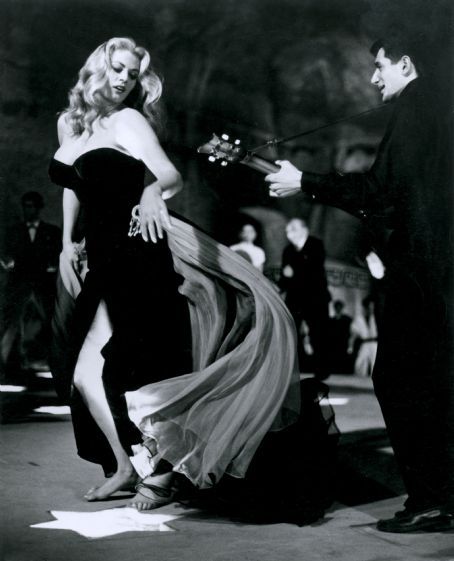Jasmin Darznik, the author behind The Good Daughter, recently visited the KQED studios to record an episode of The Writers’ Block, which will be released next week (listen to Jasmin’s reading). Until then, get to know her a little better with this Q+A, in which she talks about her secret talent, her first concert, and what it was like living in exile from Iran.
Iranians are traditionally quite private about family matters. How has your mother reacted to your memoir, The Good Daughter, which is largely about her hidden past?
Jasmin Darznik: This book takes on subjects rarely talked about in the Iranian community: domestic abuse, divorce, alcoholism, mental illness. My mother had kept her first marriage and her daughter a secret for over fifty years. Even her best friends in America didn’t know about her past and are only know discovering it by reading The Good Daughter.
Because my mother and I worked closely in writing this book, there were few surprises when it came out. This is not to say it isn’t painful and just plain hard for her to go public with her life story. There are moments, even now, when she howls, “Stop the presses!” At the moment, she’s in a kind of literary witness protection program — she’s living in Virginia, where I also live and teach — and she’s glad she’s not in Northern California where she’d be running into friends and acquaintances all the time. My mom’s one brave, tough woman, though, a woman who has defied expectations and made herself over many times in her life. Sharing her story is just one expression of those qualities.
Your family emigrated from Iran during the 1979 Iranian Revolution. What was it like essentially living in exile from your homeland?



